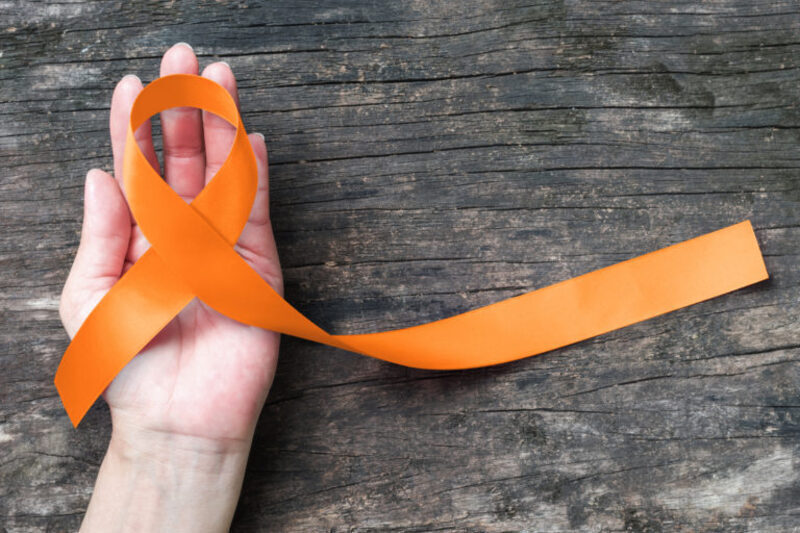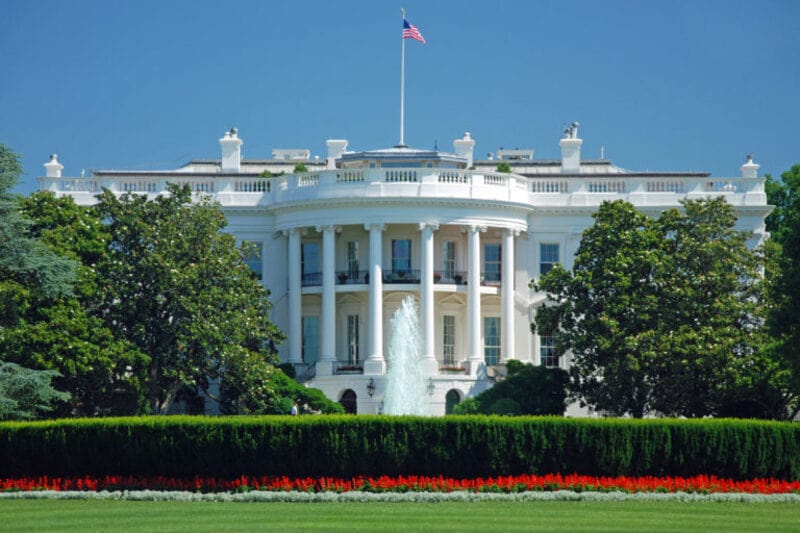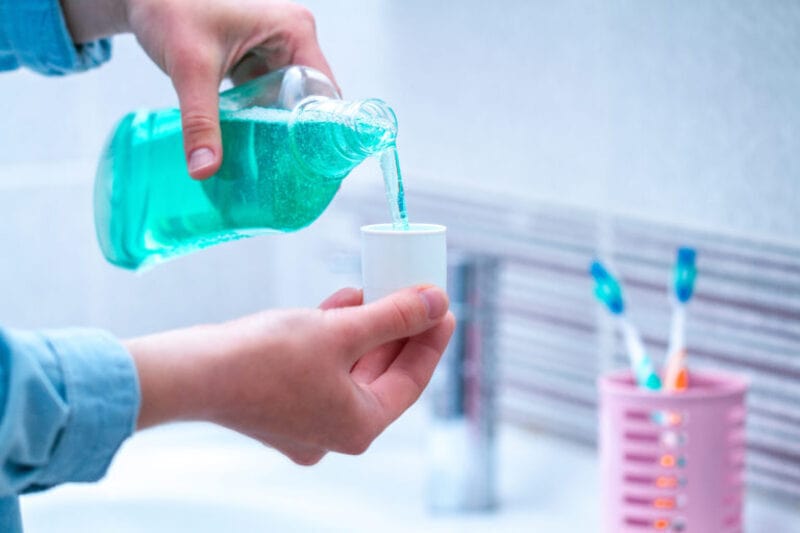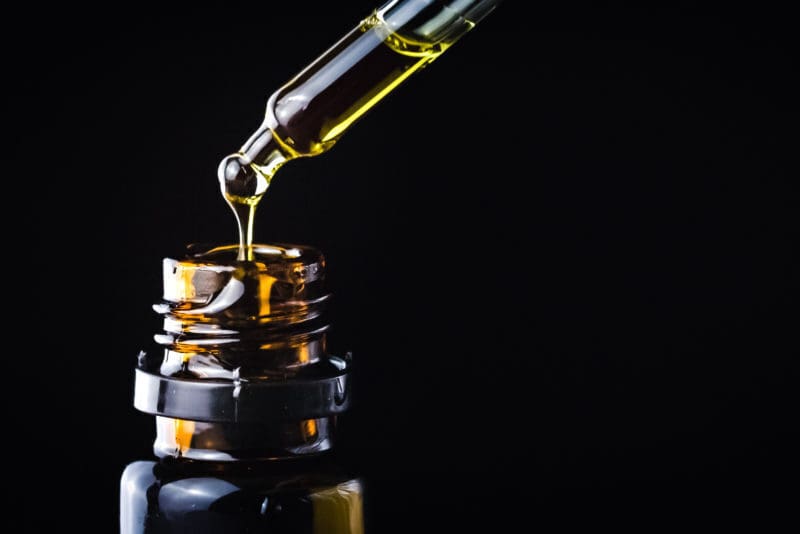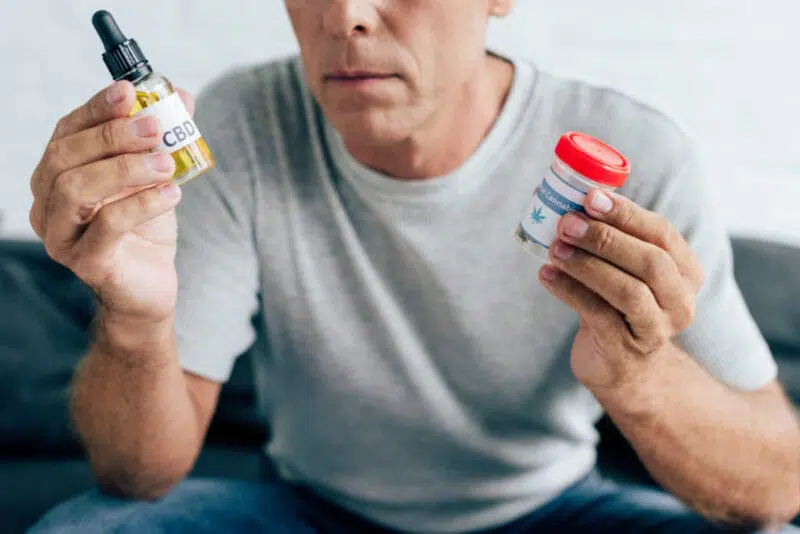-
- Market Research
- |
- CBD Near Me
- |
- Giveaways
- |
- Newsletter
- |
- Contact
- |
- Advertise
- |
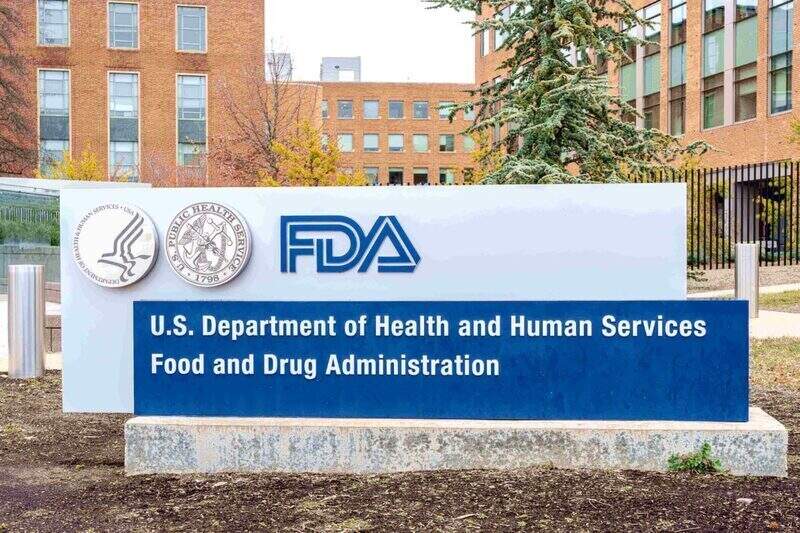
Here’s the latest CBD news:
- The Food and Drug Administration has sent warning letters to five CBD brands making false or misleading medical claims in support of their products.
- Seizure frequency was significantly reduced in a trial examining CBD’s efficacy for tuberous sclerosis complex (TSC).
FDA Issues New Round of Warning Letters to CBD Brands
Just weeks after the Federal Trade Commission (FTC) announced its crackdown on CBD sellers making “misleading or false” medical claims, the US Food and Drug Administration (FDA) has followed up with a series of warning letters sent to the following manufacturers across the country for this reason:
- Bee Delightful
- G&L Wellness, LLC
- New Leaf Pharmaceuticals, LLC
- NextL3vel Services Group, LLC (doing business as This Stuff Is Good For You)
- Wellness BioSciences RX
Amidst poorly defined, ever-shifting state regulations, many CBD brands in the US have struggled to make out the line in the sand when it comes to what they can legally claim, but the FDA has used this round of warnings as a chance to clarify a few key points.
The FDA site states that “it is important to note that these products (made by warning letter recipients) are not approved by FDA for the diagnosis, cure, mitigation, treatment, or prevention of any disease.”
Yet, each of these CBD brands made claims about their products’ abilities to improve heart health, macular degeneration symptoms (CBD eye drops), PTSD, and more.
In other words, with the exception of FDA-approved drugs like Epidiolex and Nabiximol, the closest brands can safely get to making “medical claims” is a much more general approach, using words like “calming,” “wellness-promoting,” etc., that doesn’t imply treatment potential for any condition.
The FDA ran tests on products from the above brands, finding that they did not “contain the levels of CBD they claimed to contain,” another legal risk factor affecting brands who do not sufficiently test their products.
As the FDA continues to prepare the CBD market for regulation, it’s very likely they will continue to emphasize these standards of accountability for a smoother and safer transition.
Study Broadens Anti-Seizure Potential of CBD to Include Tuberous Sclerosis Complex
A randomized clinical trial published in the Journal of the American Medical Association (JAMA) on December 21st found that an oral cannabidiol solution decreased seizure frequency by 30.1% (as compared to placebo) in participants with tuberous sclerosis complex (TSC).
TSC is a complex genetic disorder associated with the formation and proliferation of benign tumors, lightening or thickening of the skin, and a specific set of neuropsychiatric problems as well as seizures.
In the study, experimental groups (158 participants total) received either 25mg/kg or 50mg/kg of a CBD solution every day for sixteen weeks, and seizure frequency was measured before, during, and at the endpoint of the trial period.
Though the difference in seizure frequency reduction between the 25mg/kg (30.1%) and 50mg/kg (28.5%) was statistically negligible, researchers did ascribe a “better safety profile” to the 25mg/kg dose, which elicited fewer cases of nausea, liver enzyme imbalances, and other adverse events.
Given how well-established cannabidiol is for treating two forms of childhood epilepsy—Lennox-Gastaut and Dravet syndromes—this finding and others like it may help drug formulators and the FDA pivot into regulated CBD treatments for TSC-related seizures sooner rather than later.



